15 Characters Fans Argue Should’ve Been Written Off Completely
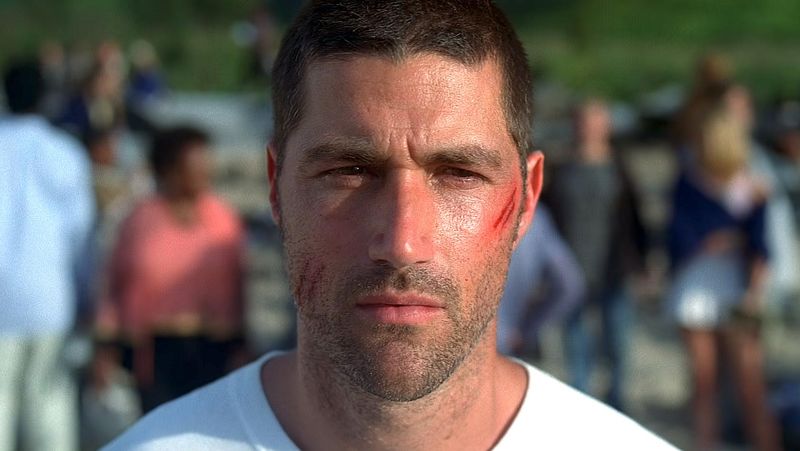
Some fictional characters just don’t know when to leave the party. Whether they started strong but wore out their welcome, or annoyed audiences from day one, certain characters stayed on screen far longer than fans wanted. These characters either dragged down storylines, frustrated viewers with poor decisions, or simply overstayed their narrative purpose.
1. Jar Jar Binks (Star Wars)

Nobody expected a clumsy Gungan to become one of cinema’s most divisive characters. Jar Jar’s slapstick humor felt completely out of place in the Star Wars universe, breaking the serious tone that fans loved.
His bumbling antics weren’t just annoying – many viewers found his speech patterns and behavior culturally insensitive. The character served as comic relief in a story that didn’t need it.
Even George Lucas eventually acknowledged the backlash by reducing Jar Jar’s role in later films. Most fans agree the galaxy would have been better off without this particular alien companion from the very beginning.
2. Bella Swan (Twilight)
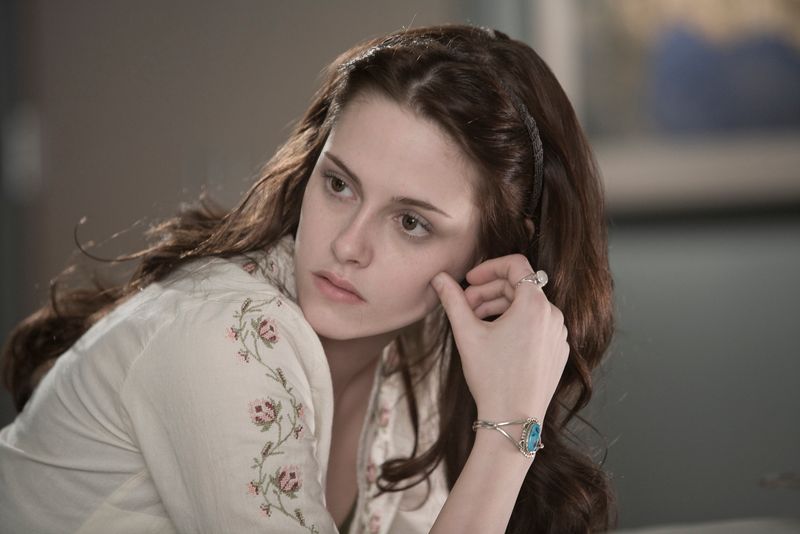
Passive protagonists can work in some stories, but Bella Swan took it to frustrating extremes. She spent most of the series waiting for things to happen to her rather than making her own choices.
Readers and viewers grew tired of watching her depend entirely on Edward and Jacob for direction. Her lack of agency made the romantic tension feel one-sided and unrealistic.
Many fans felt that Bella’s character development stalled the entire plot. A more decisive protagonist could have moved the story forward much faster and kept audiences more engaged throughout the supernatural romance.
3. Ted Mosby (How I Met Your Mother)
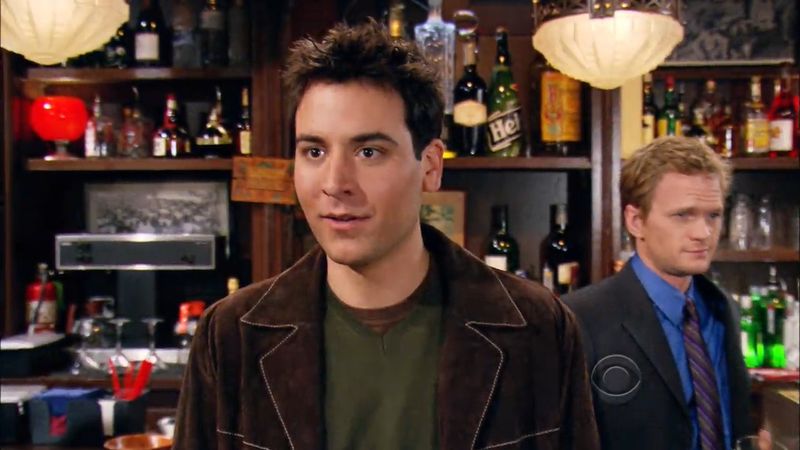
Starting as a lovable romantic, Ted gradually became the friend everyone wanted to avoid at parties. His self-centered storytelling and endless search for “the one” grew tiresome as seasons dragged on.
Ted’s indecisiveness and tendency to overthink every relationship frustrated viewers who wanted the story to progress. His romantic mishaps stopped being charming and started feeling repetitive.
The controversial finale only made things worse, revealing that Ted’s entire story was really about getting back with Robin. Many fans felt cheated by this twist and wished Ted had found closure much earlier in the series.
4. Skyler White (Breaking Bad)
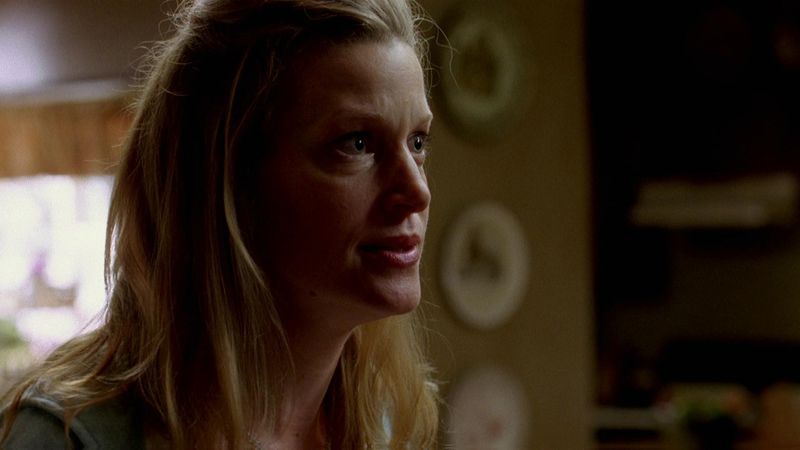
Skyler became the target of unfair fan hatred simply for opposing her drug-dealing husband. While her concerns were completely reasonable, many viewers saw her as an obstacle to Walt’s exciting criminal adventures.
The character faced intense backlash from fans who wanted to see more of Walt’s meth empire building. Skyler’s realistic reactions to discovering her husband’s lies felt like interruptions to the action.
Though the criticism was largely unfair, the polarizing response made some fans wish she had been written out earlier. Her presence reminded viewers of the moral consequences that many preferred to ignore while watching Walt’s transformation.
5. Andrea (The Walking Dead)
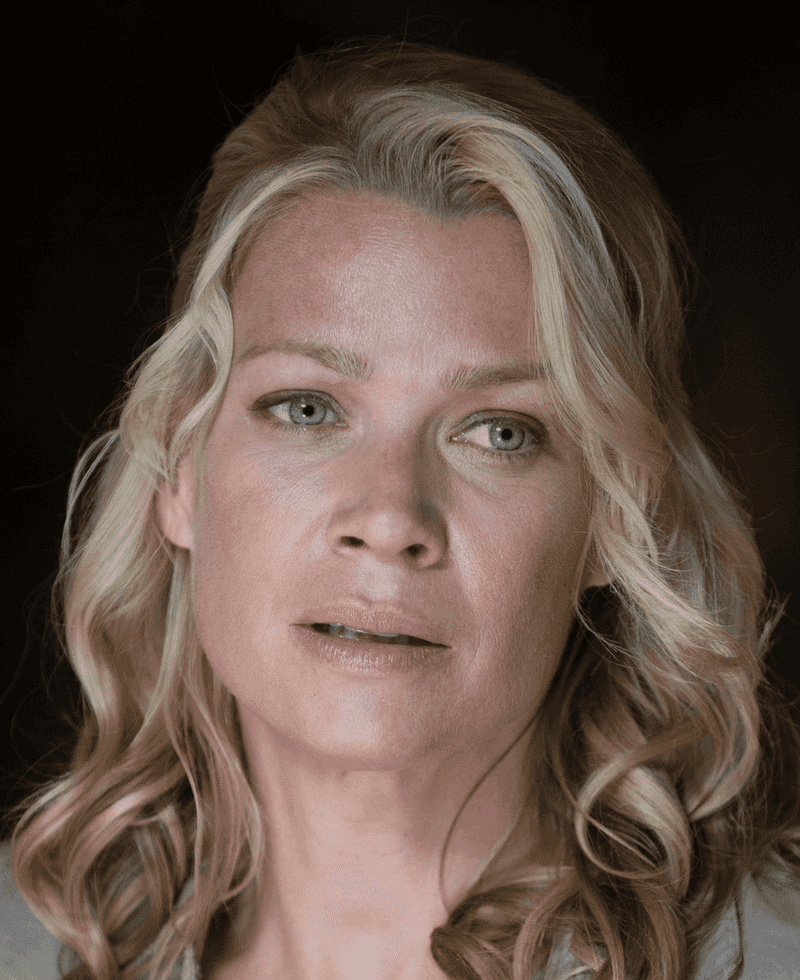
Andrea’s television adaptation strayed far from her beloved comic book counterpart, making decisions that baffled viewers week after week. Her poor judgment calls became a running joke among fans.
After Dale’s death, her character seemed to lose all direction and common sense. She consistently trusted the wrong people and ignored obvious red flags that even casual viewers could spot.
Her relationship with the Governor particularly frustrated audiences who watched her make increasingly dangerous choices. Many fans felt that her storyline had run its course long before her actual departure from the show, making her continued presence feel forced and unnatural.
6. Lori Grimes (The Walking Dead)
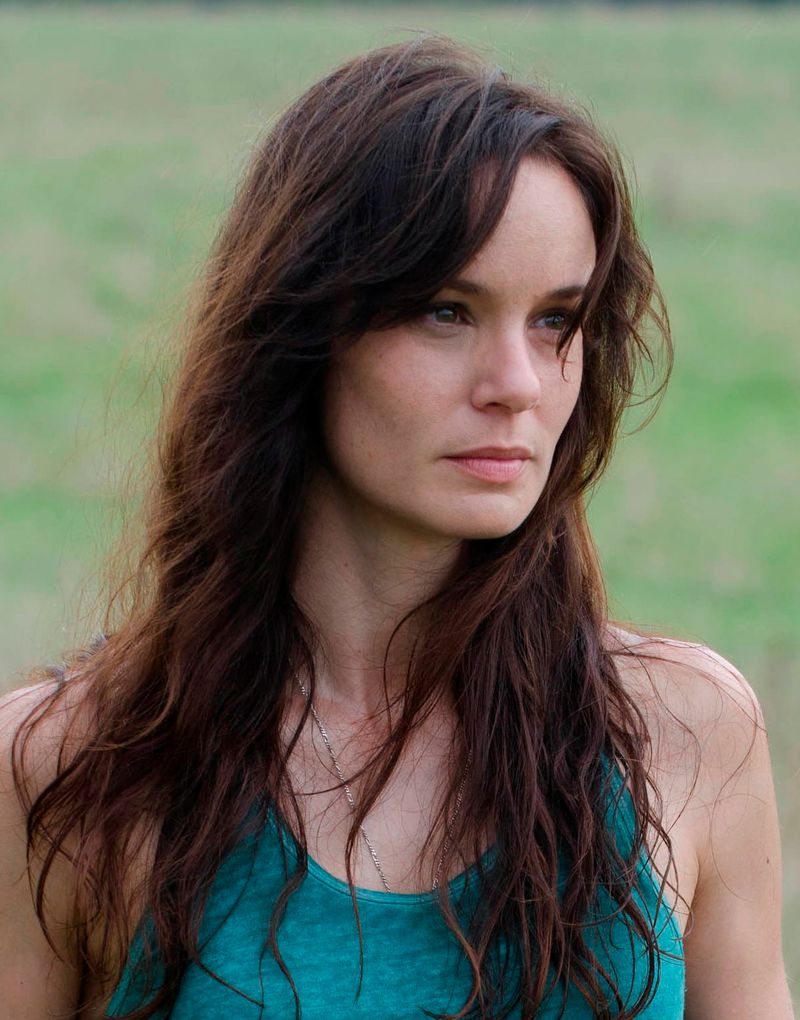
Inconsistent writing turned Lori into one of the most frustrating characters in television. Her constant flip-flopping between supporting and opposing Rick’s leadership decisions drove viewers crazy.
She would encourage Rick to be more aggressive one episode, then criticize him for violence the next. This inconsistency made it impossible for fans to understand or connect with her character.
Her love triangle with Rick and Shane felt forced and unnecessary in a world focused on survival. Many viewers felt that her continued presence created artificial drama that detracted from the more compelling zombie apocalypse storylines happening around her.
7. Joffrey Baratheon (Game of Thrones)
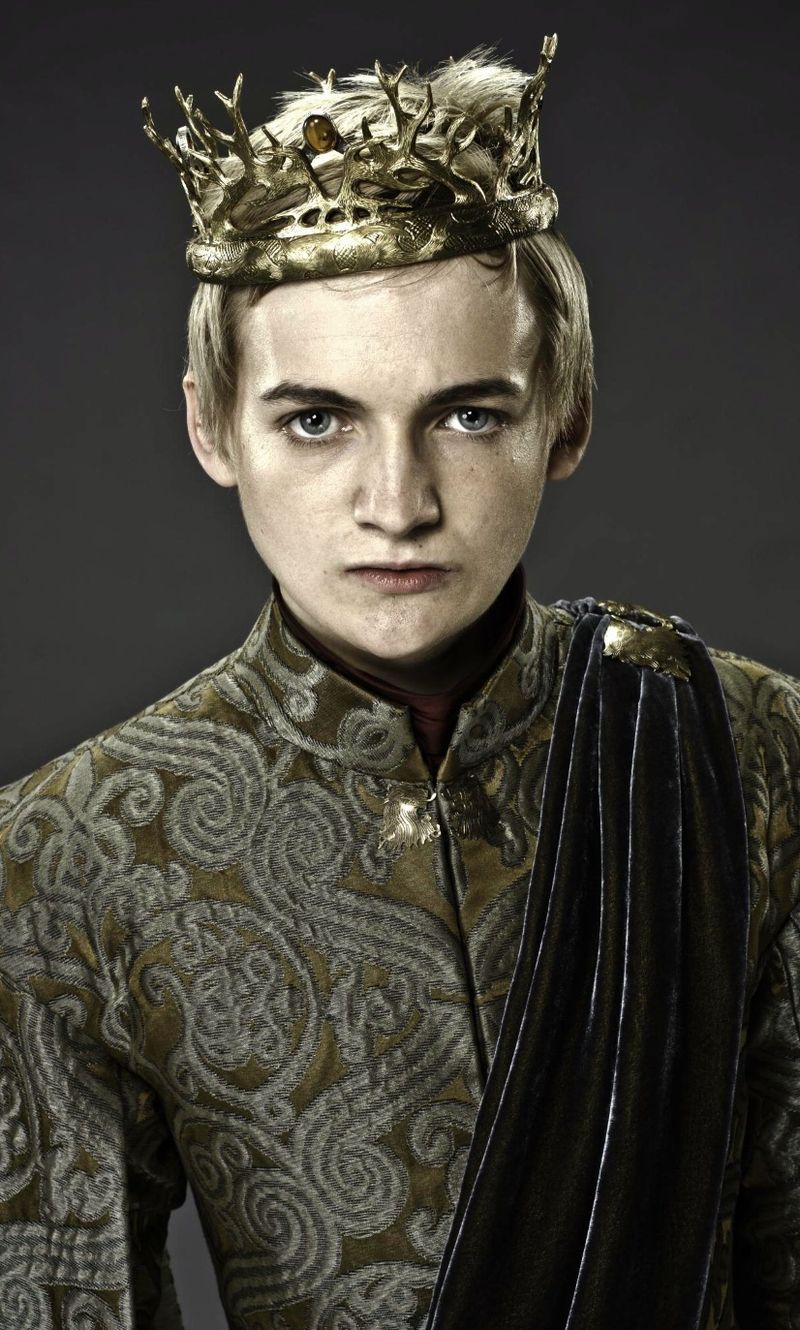
Designed to be hated, Joffrey succeeded too well at making viewers uncomfortable. His sadistic cruelty went beyond what many fans could stomach, even in a show known for violence.
While Jack Gleeson’s performance was undeniably brilliant, the character’s prolonged reign of terror felt excessive. His scenes became difficult to watch rather than dramatically compelling.
Many fans actively avoided episodes featuring Joffrey’s worst moments, which defeated the purpose of having him on screen. Though his eventual death was satisfying, some viewers felt that cutting his arc shorter would have maintained the show’s balance between shocking and unwatchable content.
8. Ramsay Bolton (Game of Thrones)
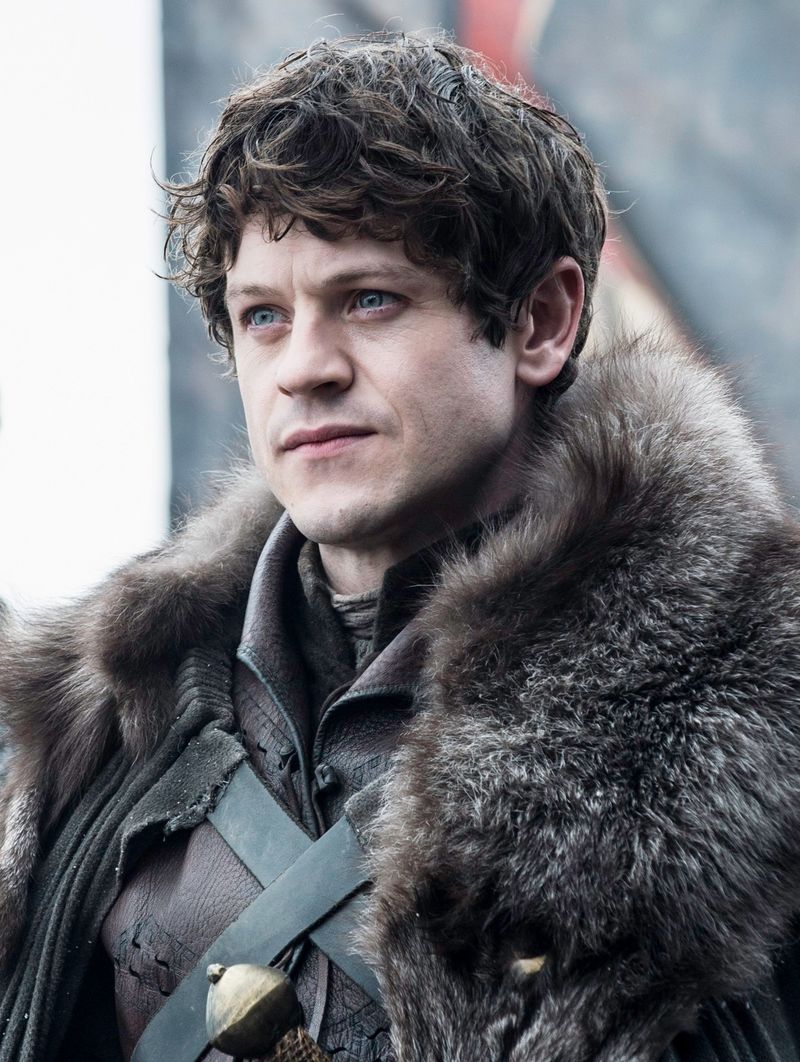
Even more sadistic than Joffrey, Ramsay’s torture-focused storylines pushed many viewers past their breaking point. His prolonged presence felt like the show was prioritizing shock value over meaningful storytelling.
The character’s extreme cruelty served little narrative purpose beyond generating audience discomfort. Many fans began skipping his scenes entirely, which undermined the show’s viewing experience.
Ramsay’s arc dragged on for multiple seasons without significant character development or plot advancement. His eventual defeat felt overdue rather than climactic, suggesting that his story could have been resolved much earlier without losing dramatic impact or narrative coherence.
9. Rey (Star Wars Sequel Trilogy)

Rey’s character divided Star Wars fans like few others in the franchise’s history. Critics argued that her rapid mastery of Force abilities felt unearned and unrealistic within the established universe rules.
Her inconsistent characterization across the three sequel films frustrated viewers who wanted a coherent character arc. Each movie seemed to redefine who Rey was supposed to be.
The “Mary Sue” criticism, while debated, reflected genuine fan concerns about her character development. Some felt that reducing her role or completely rethinking her arc could have created a more satisfying sequel trilogy that honored both new and longtime fans’ expectations.
10. Anakin Skywalker (Star Wars Prequels)

The chosen one’s fall to the dark side felt rushed and unconvincing to many longtime fans. Anakin’s transformation from hero to villain happened too quickly to feel emotionally authentic.
His awkward dialogue and wooden delivery made it difficult for audiences to connect with his internal struggle. The romance with Padmé felt forced rather than natural.
Many fans felt that compressing Anakin’s story or handling his character development differently could have improved the entire prequel trilogy. His rushed descent into darkness robbed the story of the emotional weight that Darth Vader’s origin deserved, disappointing viewers who had waited decades for this backstory.
11. Dolores Umbridge (Harry Potter)
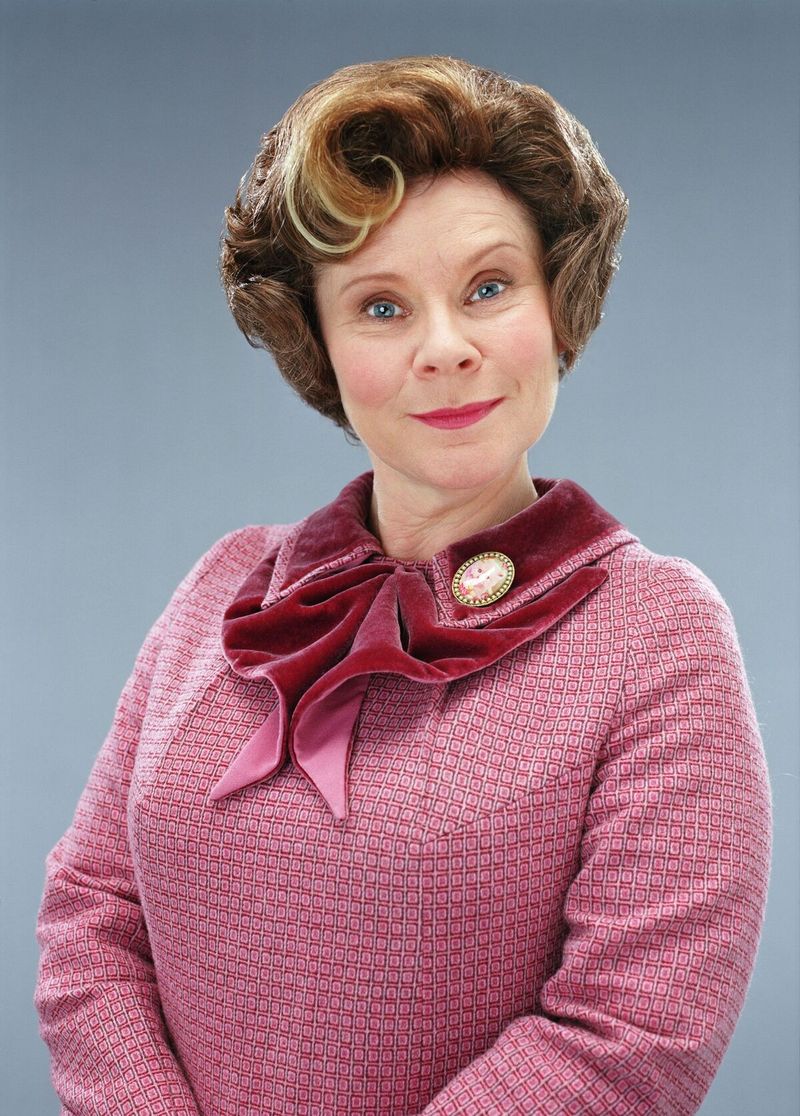
Designed to be despised, Umbridge succeeded so well that many fans found her scenes genuinely difficult to read or watch. Her institutional cruelty felt more realistic and threatening than magical villains.
Her pink-clad, cat-loving facade hiding sadistic tendencies made her particularly unsettling. Many readers found her more disturbing than Voldemort himself, which wasn’t necessarily the intended effect.
While her role was narratively important, some fans felt that her prolonged presence at Hogwarts created too much stress and discomfort. Her authority-based torment hit too close to real-world experiences for many readers to enjoy as entertainment.
12. Tris Prior (Divergent)
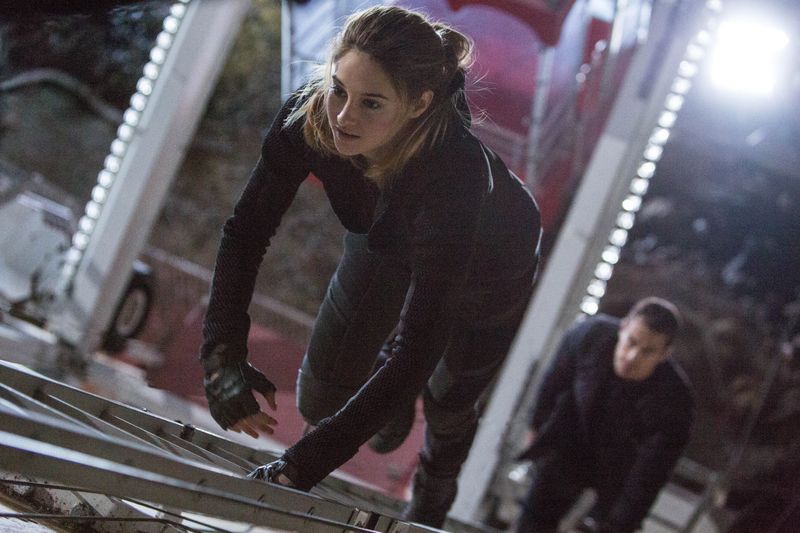
Tris suffered from underdeveloped characterization that made her feel more like a plot device than a real person. Her decision-making often seemed to serve the story rather than flow naturally from her personality.
Readers struggled to connect with her because her motivations frequently felt unclear or inconsistent. Her relationships with other characters lacked the depth needed to carry a multi-book series.
The dystopian genre demands strong protagonists to anchor complex world-building, but Tris felt too thinly sketched for the job. Many fans felt that either developing her character more thoroughly or choosing a different protagonist entirely could have strengthened the entire series significantly.
13. Jack Shephard (Lost)
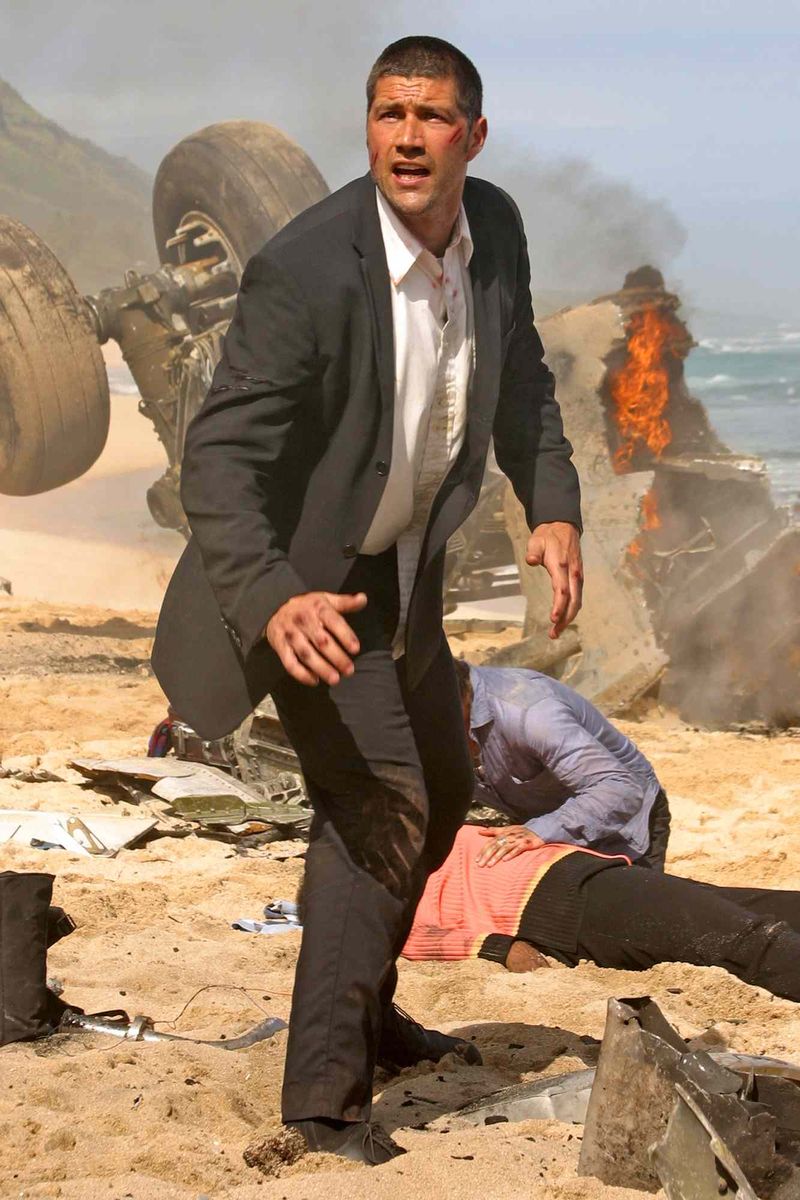
Once the clear hero of the island, Jack’s leadership became increasingly questionable as Lost progressed through its later seasons. His stubborn decision-making frustrated both other characters and viewers.
His constant conflicts with other survivors made him feel more like an obstacle than a protagonist. Jack’s refusal to listen to advice or consider alternative viewpoints became tiresome.
Many fans felt that Jack’s character arc had run its course by the middle seasons. His continued central role prevented other more interesting characters from taking the spotlight, potentially improving the show’s overall narrative flow and character development.
14. Ross Geller (Friends)
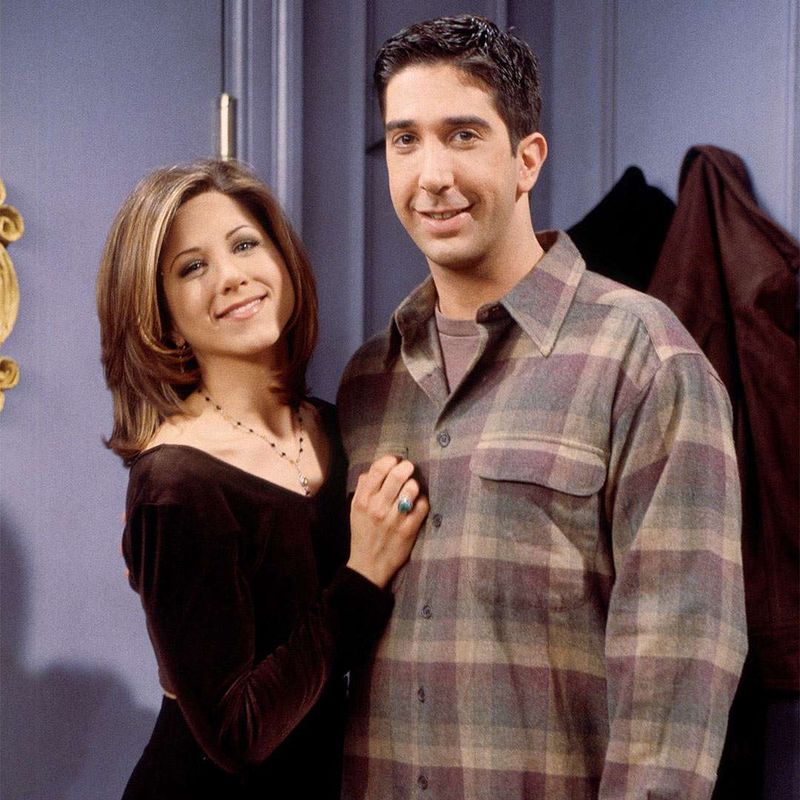
Modern viewers have reevaluated Ross’s behavior and found it far more problematic than audiences originally realized. His possessive and controlling tendencies toward Rachel weren’t as charming as initially portrayed.
His repeated pattern of jealousy and manipulation in relationships became harder to laugh at over time. What once seemed like romantic persistence now feels more like harassment.
Many fans now wish the show had addressed Ross’s behavioral issues more seriously rather than playing them for laughs. His continued presence without consequences for his actions sends troubling messages about relationships that haven’t aged well with contemporary audiences.
15. Claire Littleton (Lost)
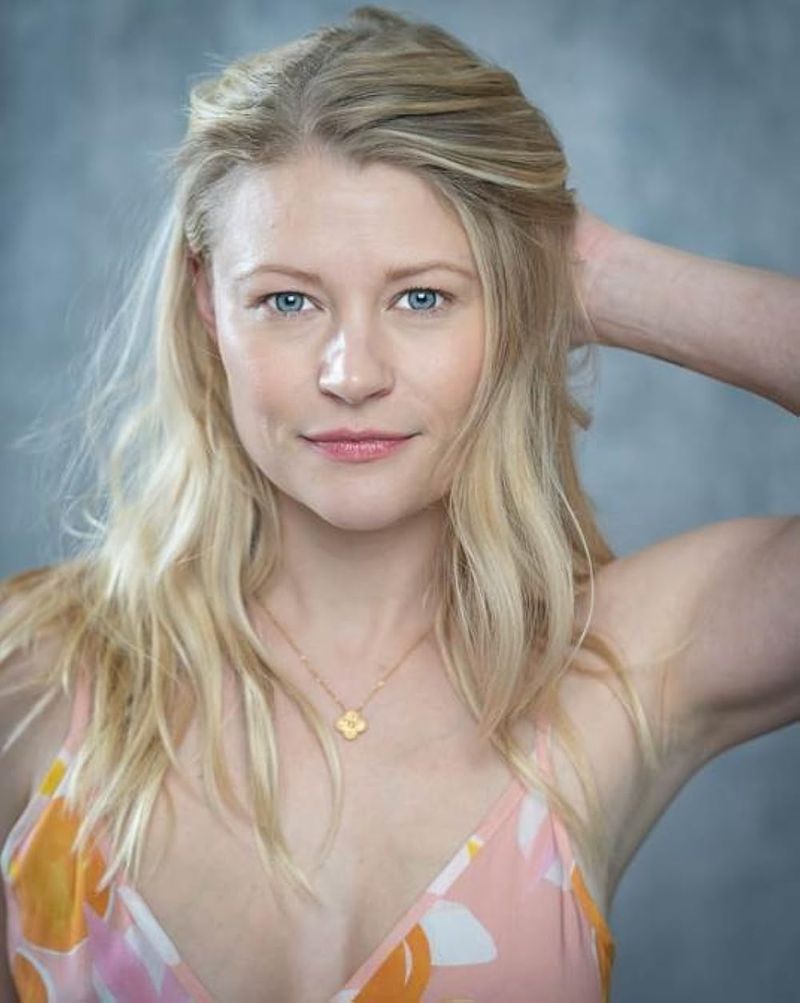
Claire’s storylines became repetitive and frustrating as Lost continued, with her character stuck in cycles that didn’t advance the overall plot. Her constant baby-related drama felt like filler content.
Her character development stalled early in the series, leaving her with little to do except worry about Aaron and make poor decisions. Other survivors had more compelling arcs.
Many viewers felt that Claire’s continued presence took screen time away from more interesting mysteries and character relationships. Her plotlines often felt disconnected from the island’s central mythology, making her scenes feel like interruptions rather than integral parts of the story’s progression.

Comments
Loading…